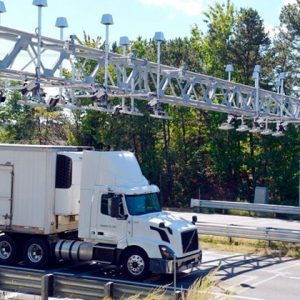Professor and transportation finance expert: Tolls “inefficient, regressive tax”
From Yankee Institute. Professor of Finance for the College of Staten Island and Research Fellow at The University Transportation Research Center Johnathan Peters says if Connecticut lawmakers are looking to raise revenue for transportation, they might be better off looking somewhere else besides highway tolls. “Tolls, generally, are expensive to collect,” Peters said in an…

From Yankee Institute.
Professor of Finance for the College of Staten Island and Research Fellow at The University Transportation Research Center Johnathan Peters says if Connecticut lawmakers are looking to raise revenue for transportation, they might be better off looking somewhere else besides highway tolls.
“Tolls, generally, are expensive to collect,” Peters said in an interview. “It’s not free. There’s a lot of technology and a lot of equipment, and that equipment will have to be maintained and replaced over time.”
Peters — whose area of expertise and study involves regional planning and road and mass transit financing — says tolls are more expensive to collect than the gasoline tax and is a regressive form of taxation that affects lower income individuals.
“This is a regressive form of taxation. This can be very, very painful for a low-income household,” Peters said. “It could be the straw that breaks the camel’s back for the working poor.”
Although 2019’s tolls debate has just begun, it started out with a bang as the newly-elected Democratic senator from Greenwich, Alexandra Bergstein, filed the first bill authorizing the Connecticut Department of Transportation to install tolls on Connecticut’s highways. Bergstein is also chairwoman of Connecticut’s Transportation Committee.
The latest study from the CT DOT posited 82 tolls on nearly every Connecticut highway, combined with a pricing system offering discounts for in-state commuters.
Read the full post online at the Yankee Institute website.
